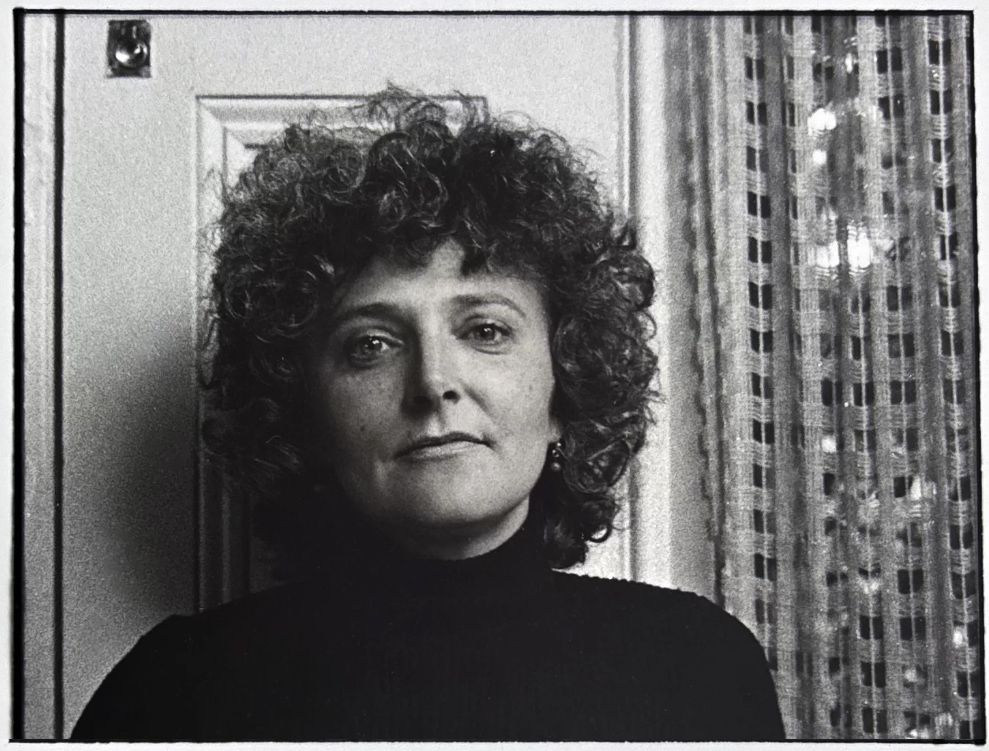Judith Vidal-Hall was an original. Irrepressible, mischievous, with a delight in challenging convention, she remained wholly dedicated to the causes she championed as a campaigning editor and journalist.
She was a pioneer, bringing the voices of the Global South to a wider audience at the start of her career in journalism for the Guardian’s Third World Review and for the magazine South. It was an interest informed by a passionate fascination with the culture and the politics of countries rarely covered in the mainstream press - and by her extensive travel. She was an independent thinker, guided by her own integrity, curiosity and irreverent wit.
As editor of Index on Censorship from 1993 to 2006, she continued her commitment to introducing a diverse range of writers and artists to a western audience, as well as attracting leading international names. This was a heyday for Index, which was founded during the Cold War and had played a significant role exposing censorship and championing writers from eastern Europe. Alongside the editor-in-chief, Ursula Owen, Judith successfully reinvented the magazine after the fall of communism. “Censorship does not end,” Judith once wrote. “It merely changes its guise and shifts location.” Through Judith and Ursula’s vision and energy, Index became essential reading, offering an alternative view on world affairs through the lens of censorship. They also attracted some of the leading names in journalism to support the magazine - Michael Grade was appointed chair of the board. Judith was early to cover the trends that would transform the landscape for freedom of expression, including the impact of technology, and edited an issue on privacy in 2000. She focused on culture as much as politics and was particularly proud of one of Index’s finest issues dedicated to photography, Underexposed, published in 1999.
She was a striking woman, who always wore eye-catching jewellery that she’d bought on her travels. She had the resonant voice and dramatic presence of an actor and dominated any occasion with the energy of her charisma and commanding, extrovert personality. It was impossible not to be captivated by her.
Judith was born in Leicester in 1938. Her mother Dorothea and father John Alan Bunting had five children. Her father was a bank manager who had served as an officer in the navy during the war on the Atlantic convoys. Judith read history at St Anne’s College, Oxford, where she met her husband Tim Vidal-Hall. They had two daughters, Charlotte and Hatty, and separated in the late 1980s.
She lived in Bangladesh with her family in the 1970s, when her husband Tim was advising the government on industrial relations. It was a life-changing experience for Judith, who became involved in a network supporting health in local villages. Her daughter Hatty recalls that it was a period in Judith’s life that “set a fire alight in her and was the start of things”. The family had an adventurous journey home, driving back through India, Afghanistan, Iran and Turkey.
She began working in journalism after meeting the Pakistani journalist Altaf Gauhar who launched the Third World Review with the Guardian and South magazine. Judith became an intrepid traveller. Her friend the writer Penelope Farmer remembers Judith’s stories of visiting Afghanistan after the Russian invasion. “She sat on Russian tanks, sunbathing. She said, ‘I learned to know the difference between the kind of attack where you had to get into the tank very quickly and shelter there, or when you had to get off it equally quickly. The noises were different.’” Judith also recalled meeting Saddam Hussein’s foreign minister in Baghdad during the Iran-Iraq war while the city was being bombed.
After leaving Index, Judith continued working as an editor and remained engaged with freedom of expression. She was an active member of the advisory board of Eurozine, a network of European cultural journals and an online magazine, and edited the publication of her old Oxford college, St Anne’s, right up until the last month of her life. She also continued travelling into her 80s. She was diagnosed with terminal cancer in the summer.
Judith was, notably, the lead plaintiff in a legal action against Google for collecting private information without knowledge or consent - Vidal-Hall v Google Inc. The Court of Appeal’s decision in 2015 that damages can be awarded under the Data Protection Act 1998 for distress and anxiety, even if no financial loss is suffered, has been hailed as a landmark ruling. In addition to being a significant victory, Judith’s name will forever be linked with Google, as well as Index if you look her up online. It’s something that she would, I suspect, in her spirit of mischief, have found amusing.
Judith Vidal-Hall, born 24 February 1938 and died on 23 October 2025. She is survived by her daughters Charlotte and Hatty, her grandchildren Hannah, Ruth, Kate and James, her step-grandchildren Billy and Nancy, and her sons-in-law Adam and Colin.





